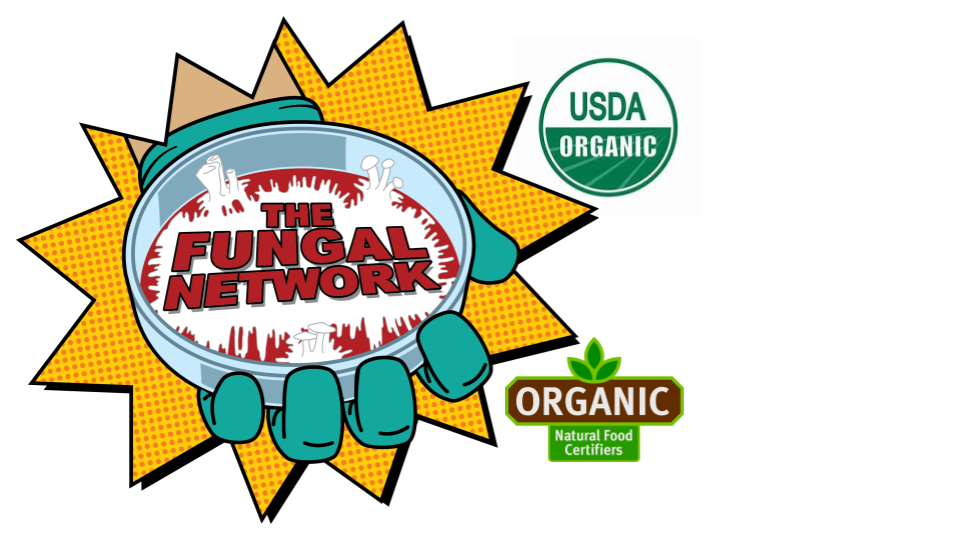We live in an age of easy answers. Got a question? Google has an answer. So does Bing, and so do countless self-styled experts on [pick your favorite social media site]. In many ways this is a good thing. My daily life presents me with plenty of reminders that I don't know as much as I think I do, or that having once learned something doesn't necessarily translate into a lifetime of recall. Sometimes I just need a bit of information that a quick search can provide me.
But what if you're trying to learn a skill? Sure, you can find advice on how to develop that skill, but no amount of searching, reading, or social media advice will equip someone who's never played football to step onto the field with the pros. Maybe there's a difference between learning a skill and learning facts. And, to further complicate things, what if we view an understanding of the world as a skill rather than as a pile of facts that can be possessed?
Here at The Fungal Network we believe that it's important for us to be a trusted provider of information for people who are interested in mushrooms, but we also see an important part of our role in education to be in helping people learn how to be good learners.
We all have an innate sense of science. At its core, science is simply predictability. Even a young child develops and tests ideas about how the world works constantly, without thinking about it in those terms. When a toddler pushes a bowl of peas off of the tray on their high-chair, they have formed an expectation of what will happen based on experience, and they are delighted to find that gravity takes over and confirms their prediction. If that bowl of peas doesn't drop, you can be sure that the toddler will be frantically looking for a new explanation to make the world predictable again.
We look for patterns everywhere, with occasionally unfortunate results, like developing an aversion to a food that you used to love just because it was the last thing you ate before a stomach bug got you. Some people may fall into unhealthy behavior patterns because of fear that changing those patterns could cause chaotic results in their life. And people who want to find a particular pattern, thanks to the wide availability of answers to questions online, can generally find an answer that supports whatever pattern they would like to see.
Science is an approach to predictability that seeks to simply understand and predict, without establishing a desired answer. We're all human, and there's nothing wrong with wishing for something to be true, but science operates outside of that framework, and those of us who value a scientific approach need to be willing to recognize and set aside our biases in favor of truth. Sometimes the truth may be more boring than an alternative explanation, sometimes it may be inconvenient or even hurtful.
There have been multiple times that our business has been informed by science that the way we had been doing things, or the way we wanted to do things, wasn't cutting it and we needed to make a change. We were open to that, and even looking for it by collecting and organizing information (data) about materials, methods, and results. As science people, we keep the front path clear and a light on over the front door, and when Science knocks, we're ready to answer the door and welcome her in.
So one of the focuses ("foci" for the nerds out there) of our educational efforts will be helping folks develop the science skills that enable real, deep learning and understanding. How do you get started finding trusted information, how do you use that information, and how do you use your own experiences in developing a good, scientific background to make our world more predictable?

